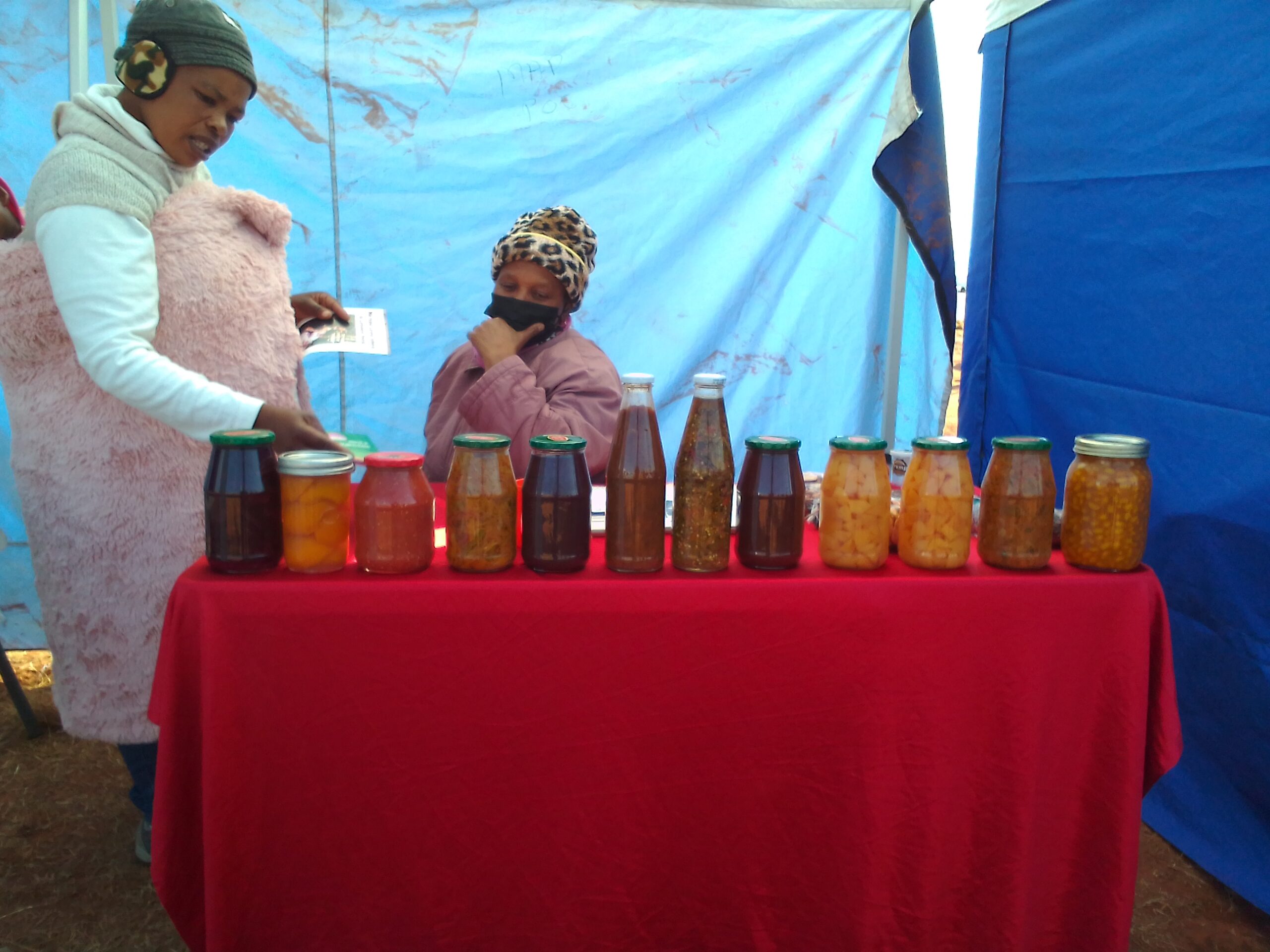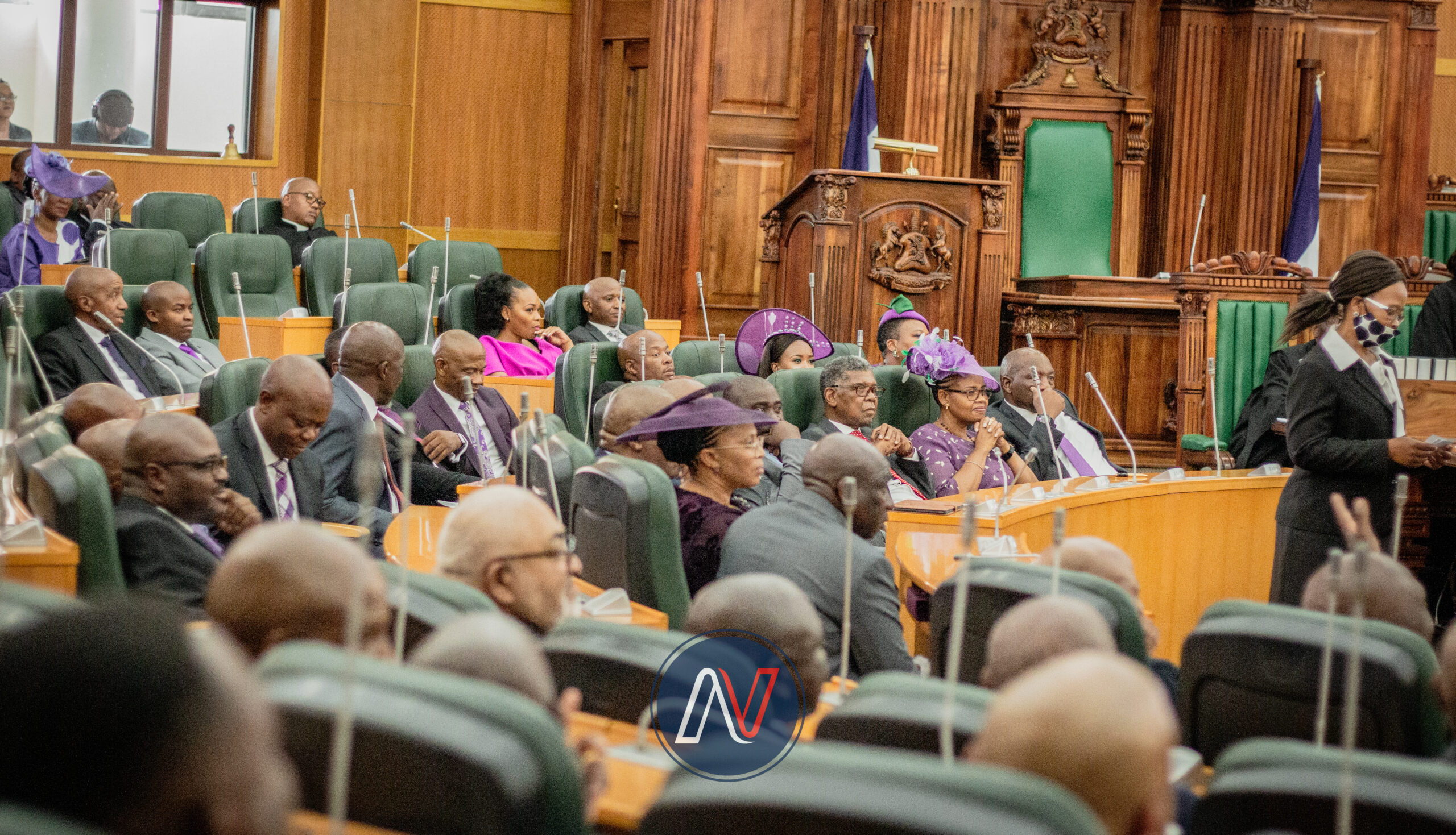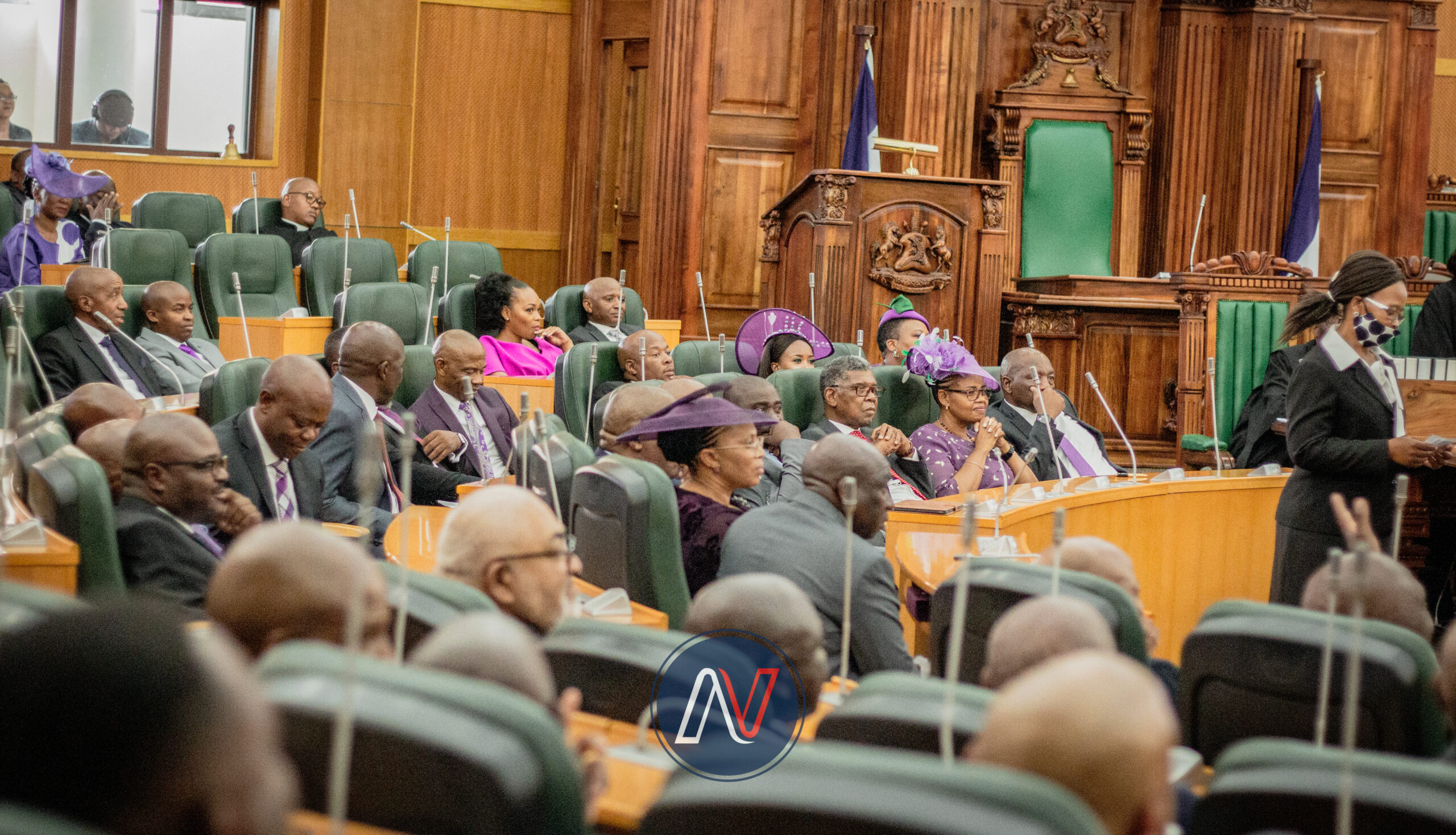Ntsoaki Motaung
The Member of Parliament (MP) Makhalanyane Mokhothu has said that the budget for the financial year 2023/2024 includes M340 million for nutrition.
This Makhalanyane said while presenting the commitments by MPs from different countries during the high-level dialogue on nutrition financing that was recently held in Maseru.
“Fortunately, there is a specific budget that has been allocated for nutrition in Lesotho unlike maybe in some other countries,†Mokhothu said.
“In Lesotho, we have a specific lump sum of up to M340 million of the budget that is dedicated for nutrition from both the donors and government,†he added.
Mokhothu told the dialogue that MPs from various had discussions regarding how much their respective countries had invested in nutrition.
He said the countries committed to ensuring that all laws pertaining to issues of food security and nutrition are passed within the 2023/2024 financial year.
To achieve this, he explained, parliaments will have to work together with government ministries and departments such as health, education, and agriculture.
Charles Opiyo, the influencing and advocacy manager of the Global Alliance for Improved Nutrition (GAIN), said even though the private sector and in particular, the Small and Medium Enterprises (SMEs) handle a big share of food trade in low and middle-income countries in Africa, their contribution to this process and global advocacy efforts on nutrition remain modest.
He said a lot of private sector partners were willing and have the necessary resources to invest in nutrition yet there is an inadequate enabling environment for them to do so.
“From the technical presentations by the various private sector partners participating in the high-level dialogue on nutrition financing in Maseru, we commit to scale-up initiatives such as the SUN Business network across the African states.
“This will amplify voices of SMEs through advocacy and highlighting the constraints they face in investing in nutrition and working with governments to identify opportunities to alleviate the said constraints such as unfavourable tax regimes, need for tax exemptions on nutritious foods,†Opiyoa said.
He further indicated that the private sector also vowed to influence the private sector players to channel their investments towards achieving national and continental nutrition priorities as laid out in policy frameworks and commitments instruments like the Abidjan Declaration.
“We commit to encouraging national and global enterprise support organizations (ESOS) to tailor their support towards scaling up the nutritional impact of SMEs in the Food Systems.
“We shall endeavour to work with governments in supporting the private sector especially those in the last-mile distribution of healthy foods to reach the malnutrition hotspots within our countries,†he said.
The Minister of Finance and Development Planning Dr Retšelisitsoe Matlanyane said Lesotho follows the National Strategic Development Plan (NSDP) which incorporates Lesotho’s food and nutrition policy that was adopted in 2016.
“The document guides us in how we plan to achieve the key priority areas in attaining optimal nutrition requirements for different groups, as well as age and groups of our population,†Matlanyane said.
“We align ourselves strongly with the global sustainable development goals agenda to reduce under-five stunting by 40 percent and acute malnutrition or wasting to five present,†she added.
She said the country was also committed to reducing anaemia by 50 percent amongst women of reproductive age.
“My understanding is that for us to develop human capital and therefore to develop the economy, it starts with good nutrition. Good nutrition for us is an investment in human capital and therefore take very highly and regard it as one of the key priorities for our country,†she said.
“Food and agriculture financing becomes key in my budget and therefore I have to direct resources to it. According to some conventions we are supposed to have allocated by now at least 10 percent of our budget to agriculture. However, we have not yet achieved that goal due to Covid-19 and economies have not been stable since 2008, however, we are on the road to achieving this 10 percent because at present we have allocated five percent to agriculture,†she added.
Summary
- Charles Opiyo, the influencing and advocacy manager of the Global Alliance for Improved Nutrition (GAIN), said even though the private sector and in particular, the Small and Medium Enterprises (SMEs) handle a big share of food trade in low and middle-income countries in Africa, their contribution to this process and global advocacy efforts on nutrition remain modest.
- “From the technical presentations by the various private sector partners participating in the high-level dialogue on nutrition financing in Maseru, we commit to scale-up initiatives such as the SUN Business network across the African states.
- “This will amplify voices of SMEs through advocacy and highlighting the constraints they face in investing in nutrition and working with governments to identify opportunities to alleviate the said constraints such as unfavourable tax regimes, need for tax exemptions on nutritious foods,†Opiyoa said.

Your Trusted Source for News and Insights in Lesotho!
At Newsday Media, we are passionate about delivering accurate, timely, and engaging news and multimedia content to our diverse audience. Founded with the vision of revolutionizing the media landscape in Lesotho, we have grown into a leading hybrid media company that blends traditional journalism with innovative digital platforms.










